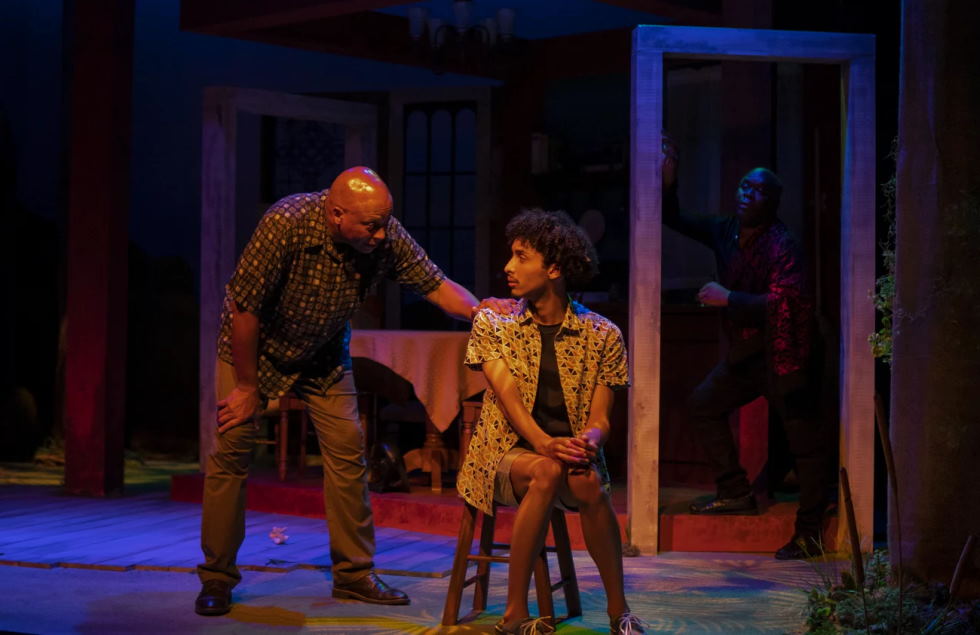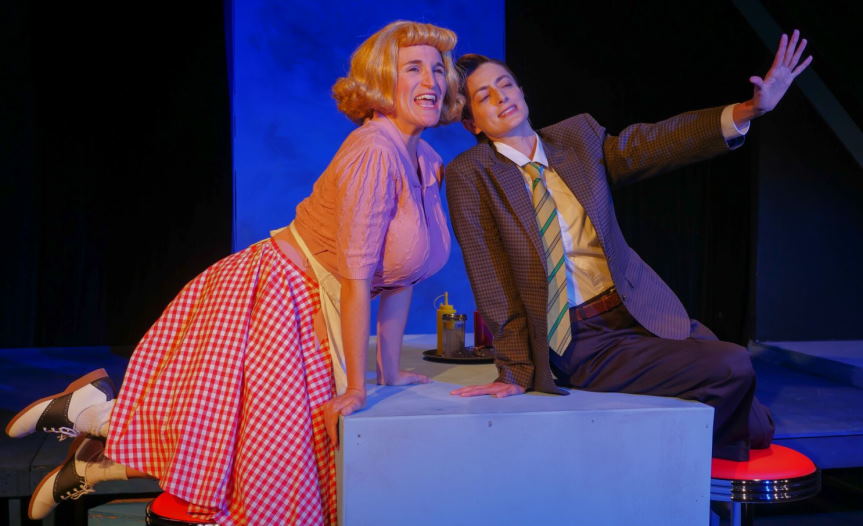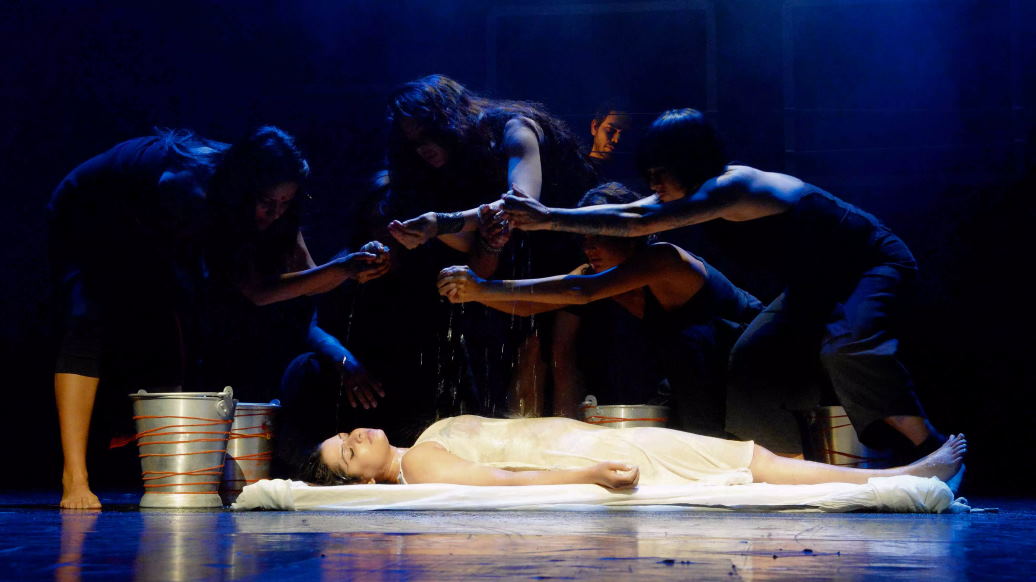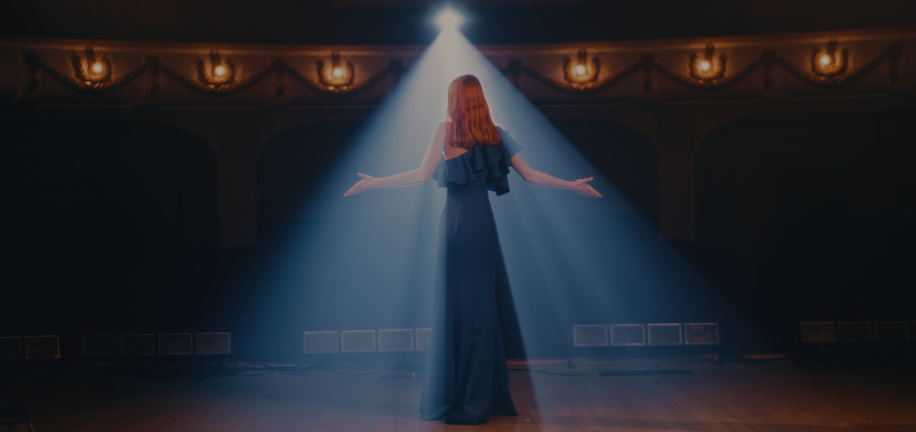
The creative process of writing and performing in a play is an intricate relationship which requires both skillful writers and talented actors. As the two parties bring their unique talents together, they are able to create something entirely new, combining the perfect mix of words and emotions on stage. From learning how to work hand-in-hand with one another to understand each other’s artistic needs, exploring this dynamic relationship has been integral for centuries throughout all forms of theater production. This blog post will explore the artistry of collaboration between actors and playwrights–combining meaningful stories with energizing performances to create a heart-gripping showpiece that can touch audiences worldwide!
The secrets to a successful actor-playwright relationship
Communication is vital because it allows the actor to understand the playwright’s vision for the character and the overall production. It also gives the playwright insight into what works for the actor and how best to bring out their potential. This can be done through both informal conversations between rehearsals and more formal discussions during notes sessions or other events.

Trust between a playwright and an actor is key to creating lasting relationships that benefit both parties. Knowing that each person has one another’s best interests in mind makes it easier to work together towards a common goal: creating a successful production. Actors need to trust that the playwright is taking their comments seriously and that they won’t be put in any dangerous or embarrassing situations. Likewise, playwrights need to trust that the actor is taking their work seriously and is committed to bringing their character to life. When there is an understanding between both parties, it allows for a more productive relationship with fewer obstacles along the way.
Finally, actors should always be willing to listen and learn from playwrights who have more experience in theater. Taking constructive criticism and advice from experienced professionals can help actors improve their craft and make them better performers. Similarly, playwrights should be open-minded about any suggestions or critiques made by the actors they’re working with. Showing respect for each other’s opinions and working together as a team will ensure that everyone involved in the production succeeds!

How to build a strong actor-playwright relationship
- Establish clear communication. Communication is the most important factor in any relationship, and it’s no different for the actor-playwright relationship. Both parties must be frank and honest about expectations, needs, concerns, and feedback. In addition, they should have regular check-ins to ensure both parties are on the same page.
- Get to know each other. Actors and playwrights bring unique perspectives and experiences to each project, so build a rapport by getting to know each other more personally outside of rehearsals or readings. Spend time together casually discussing past productions, favorite plays or even current events relating to theater or entertainment in general – this will help better inform your collaboration when you’re ready to get down to business.
- Nurture a collaborative spirit. This relationship should be one that is based on collaboration and trust, where everyone involved has an equal voice in the process. Actors should feel comfortable offering feedback and constructive criticism to the playwright, while the playwright should listen with an open mind and recognize the actor’s insights can be just as valuable as their own.
- Respect each other’s time and energy. Understand that actors and playwrights are likely juggling multiple projects simultaneously, so be respectful of their time commitments and prioritize rehearsals or script revisions accordingly. Also, recognize when either party needs a break to recharge – this will help ensure your work remains fresh and creative over the course of a long production.
- Celebrate successes together. Rejoice in the rewards of your hard work by celebrating your accomplishments and success with one another. Whether it’s a sold-out show or a standing ovation, there’s nothing quite like the feeling of joy when all of your efforts have paid off – so take some time to enjoy it!
With these tips, you can create a lasting and productive actor-playwright relationship that will last far beyond the length of any given project. Proper communication, trust, collaboration, and respect are key factors for nurturing strong working relationships – regardless if they’re between actors and playwrights or any other type of partnership. So remember: keep an open dialogue and embrace the mutual respect that should come with this unique form of collaboration.




